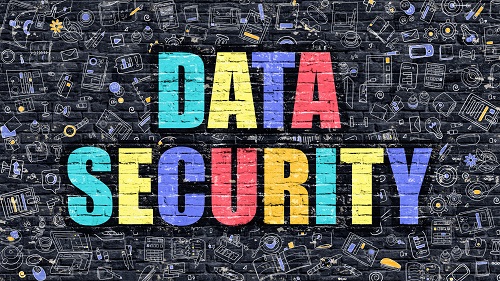How to Protect Your Customers’ Data
Cyberattacks have reached a critical level, hitting unprecedented numbers last year. It’s estimated that data breaches were up 40% in 2016. A common misconception is that these attacks only happen in the banking or healthcare industries, or only to retail giants. The reality is that all businesses are at risk.
Sometimes, cybercriminals will go after smaller businesses because they believe the owners won’t have properly invested in adequate protections. In a new article for Small Biz Daily, author John Harris shares some tips for protecting your customers’ data:
Educate your employees. Do they realize that the threat of a cyberattack is very real for small businesses? Teach them how to recognize scam emails, and update their training regularly. Implement policies for following cybersecurity procedures and make sure they are spelled out in the employee handbook.
Have a VPN set up – a virtual private network. If you have employees working remotely, this is especially important. “A VPN encrypts all the data your employees’ devices send and receive over a network,” writes Harris. “This creates a secure channel for your customers’ data, such as credit card information and passwords, and greatly decreases the risk of a cyber breach.”
Use multifactor authentication and digital signatures. Having one password is not enough to make an account secure. Use a system that requires at least two types of verification when the account is set up. In addition, using digital signatures will allow you to confirm that right individual is accessing and signing digitally-transmitted documents. Digital signatures are specially encrypted to verify that the document is authentic and has not been altered.
To read more of these suggestions, see the full article from John Harris in Small Biz Daily.
Cybersecurity is a primary concern for consumers and businesses alike. How do you protect your customers’ data? Here are some tips.

